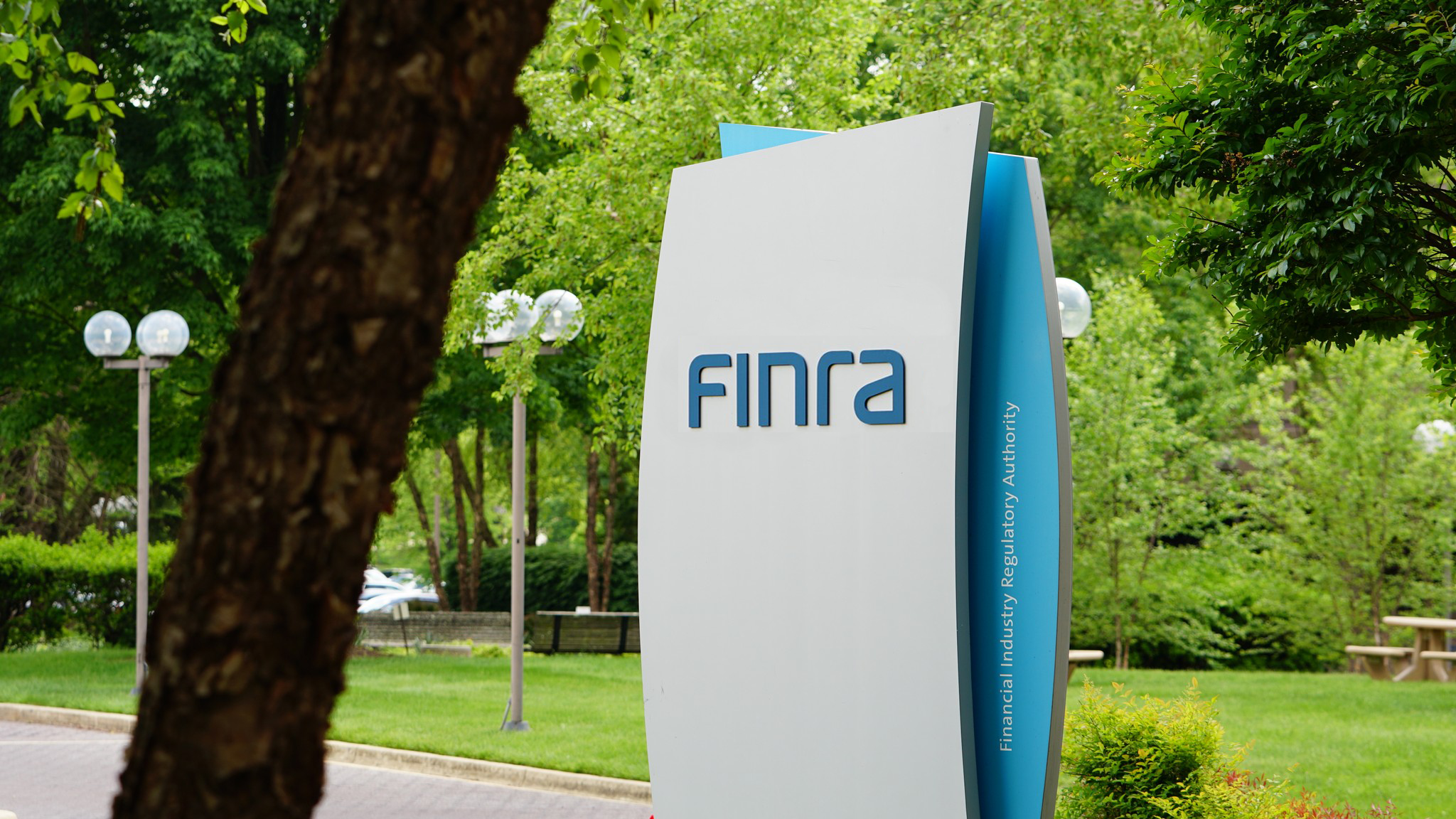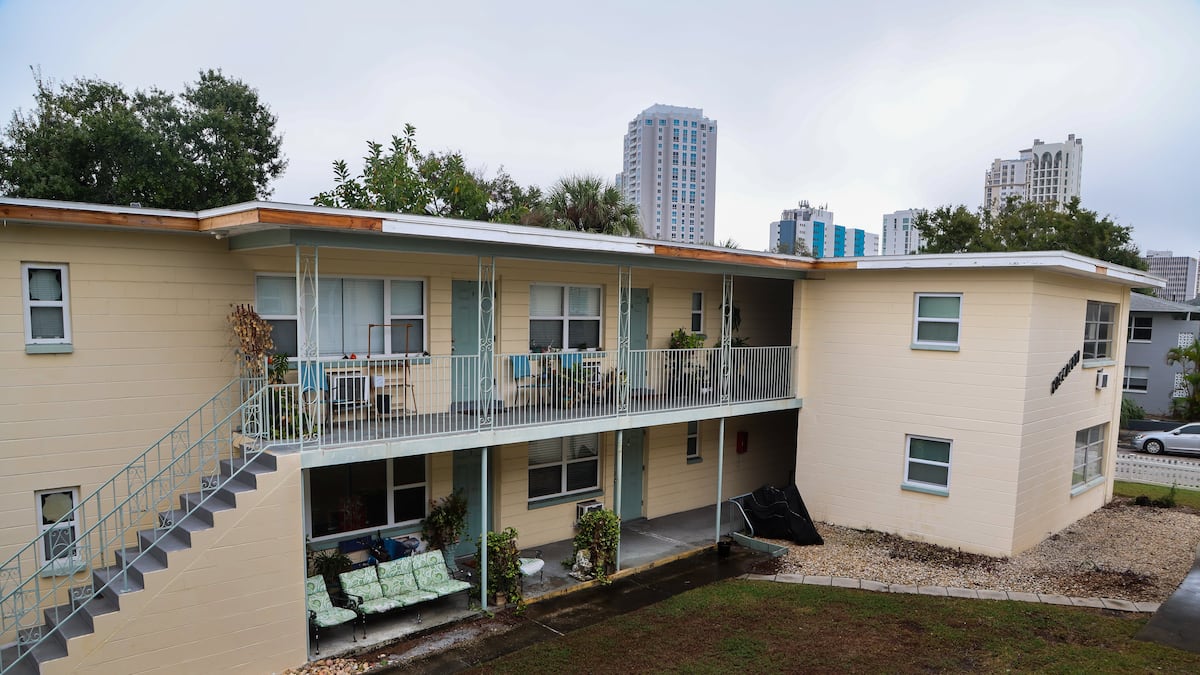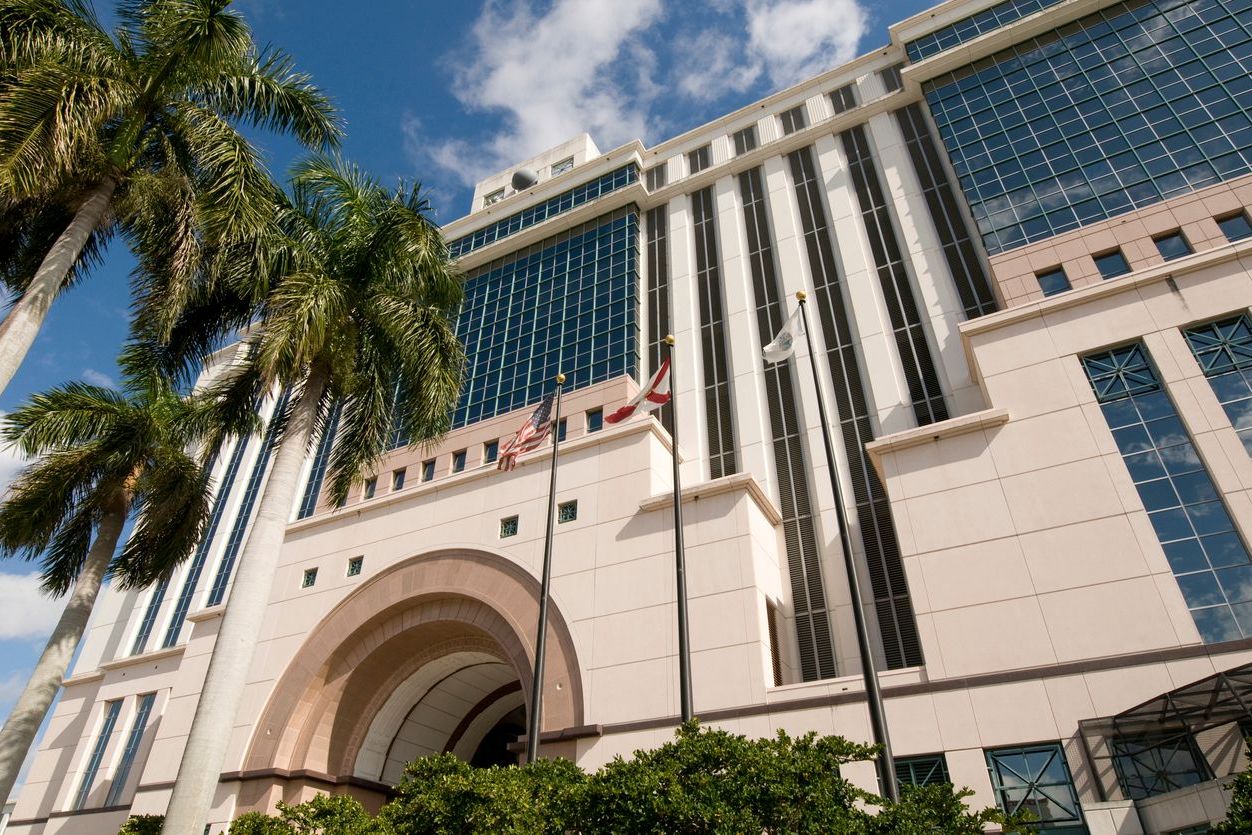A
n asset manager's due diligence process was called into question after Butterfly Capital Group, a self-described strategic real estate investor, claimed it had invested $150,000 in a $140 million Ponzi scheme. The scheme promised clients 18% returns and collapsed this month.
Butterfly Capital's principal, Manu Gupta, met with First Liberty Building & Loan founder Edwin Brant Frost IV in March 2024 to discuss investing in a high-yield bridge loan linked to a Georgia medical practice. According to the SEC, Frost misappropriated investor funds for personal use, including credit card payments and family vacations.
Butterfly Capital made two investments with First Liberty: $100,000 last March and $50,000 in May, just weeks before the scheme collapsed. The firm is not registered as a broker-dealer or investment advisor, raising questions about its due diligence process.
"I would think that guaranteed rates of return like 18% would raise a big red flag," said Sander Ressler, a compliance executive. "But how does an asset manager choose opportunities like this to invest in? What's the due diligence?"
The SEC alleges that First Liberty operated as a Ponzi scheme since at least 2021, using new investor funds to make principal and interest payments to existing investors. The firm's lawsuit seeks compensatory and punitive damages, a full accounting of investor funds, and an order barring Frost and his associates from launching similar ventures.
Butterfly Capital claims to identify lucrative investment opportunities through "cutting-edge market insights and industry expertise." However, the sudden collapse of First Liberty sent shock waves through Georgia's political establishment, highlighting concerns about the firm's due diligence process.















